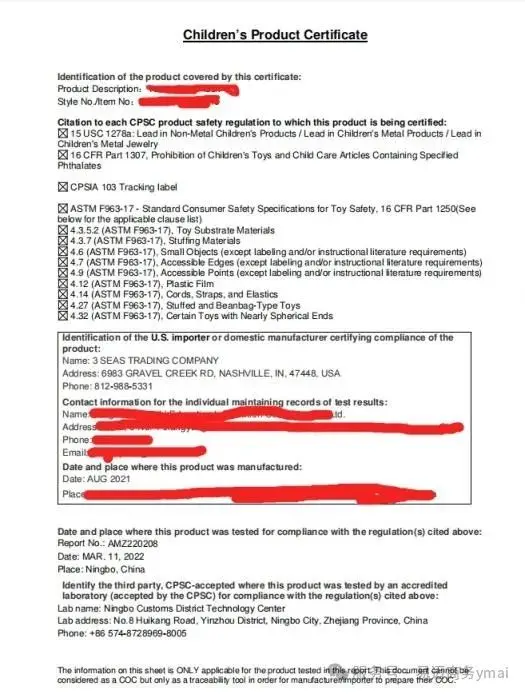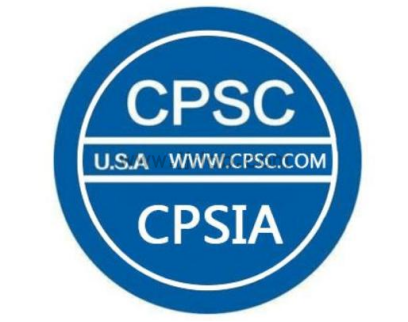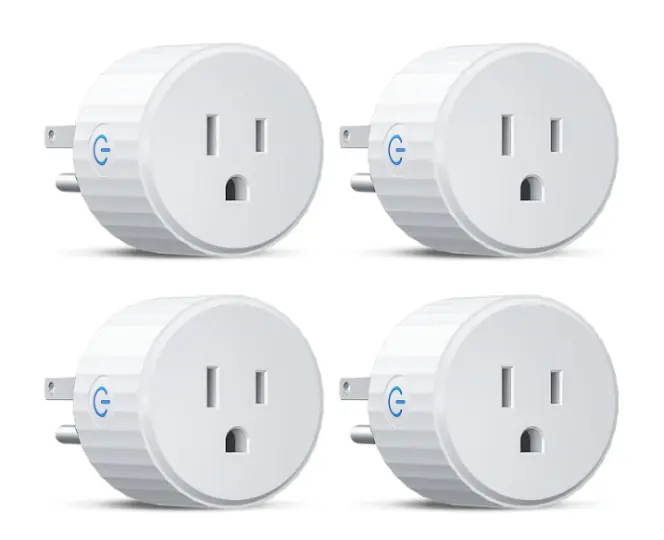
Dental Biocompatibility Testing ISO 10993 Standard
What are dental medical products?
Dental medical products refer to tools, equipment, materials, or medications used in dental diagnosis, prevention, treatment, or restoration of oral diseases, dental issues, and related oral structures. These products include dental instruments, devices, restorative materials, implants, orthodontic devices, dental medications, etc., aiming to assist dentists in clinical treatments and improve patients' oral health and function.

Which dental products need to undergo biocompatibility testing?
Filling materials, crown materials, implant materials, orthodontic materials, dental adhesives, dental sealants, implant machines, dental laser devices, dental drills, dental molds, disinfection materials, root canal treatment materials, denture materials, hemostatic materials, hemostatic gauze.
ISO 10993 Biocompatibility Testing, also known as Biological Evaluation of Medical Devices
Currently, products that require biocompatibility testing generally include medical supplies, such as medical devices, drugs, and preventive health products. The standards used in laboratories are largely consistent with the contents of ISO 10993.
ISO 10993 Biocompatibility Testing primarily includes the following sections:
- Part 1: Evaluation and testing;
- Part 2: Animal welfare requirements;
- Part 3: Tests for genotoxicity, carcinogenicity, and reproductive toxicity;
- Part 4: Selection of tests for interactions with blood;
- Part 5: Tests for in vitro cytotoxicity;
- Part 6: Tests for local effects after implantation;
- Part 7: Residuals of ethylene oxide sterilization;
- Part 8: Selection and quantitative guidance for biological test reference materials;
- Part 9: Framework for the identification and quantification of potential degradation products;
- Part 10: Tests for irritation and skin sensitization;
- Part 11: Tests for systemic toxicity;
- Part 12: Sample preparation and reference samples;
- Part 13: Identification and quantification of degradation products from polymeric medical devices;
- Part 14: Identification and quantification of degradation products from ceramics;
- Part 15: Identification and quantification of degradation products from metals and alloys;
- Part 16: Design of toxicokinetic studies of degradation products and leachables;
- Part 17: Establishment of allowable limits for leachables;
- Part 18: Chemical characterization of materials.
There are many ISO 10993 test items, but not all products require the full range of tests. The selection is mainly determined based on the product's usage method and performance characteristics.
The most commonly conducted tests include:
- Part 5: ISO 10993-5 – In vitro cytotoxicity testing ("Biological evaluation of medical devices – Tests for in vitro cytotoxicity");
- Part 10: iso 10993-10 – Irritation and skin sensitization testing ("Biological evaluation of medical devices – Tests for irritation and sensitization").
Testing Duration:
- ISO 10993-5: 25 working days;
- ISO 10993-10: 60 working days.
Note: This project involves mice, and their rest time needs to be considered. The lab's schedule and capacity may also affect the actual timeline, which will depend on the lab's scheduling.
What is the cost of biocompatibility testing for dental products?
The cost for the standard three biocompatibility tests based on ISO 10993 is $3,100.
For specific testing procedures and more information, please contact:
hello@jjrlab.com
Email:hello@jjrlab.com
Write your message here and send it to us
 Toy Toxicology Testing CA
Toy Toxicology Testing CA
 CPSIA Compliance for Children's Products
CPSIA Compliance for Children's Products
 Food Contact Items Testing
Food Contact Items Testing
 Energy Star Testing Laboratory
Energy Star Testing Laboratory
 Do I Need to Test Every Color for CPSIA Compliance
Do I Need to Test Every Color for CPSIA Compliance
 Accredited Medical Device Testing Lab
Accredited Medical Device Testing Lab
 Safety Testing for Baby Wrap
Safety Testing for Baby Wrap
 United States Electrical Plug Certification
United States Electrical Plug Certification
Leave us a message
24-hour online customer service at any time to respond, so that you worry!




